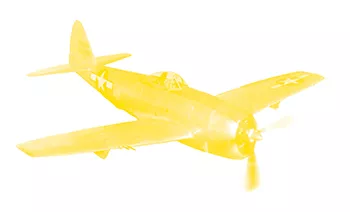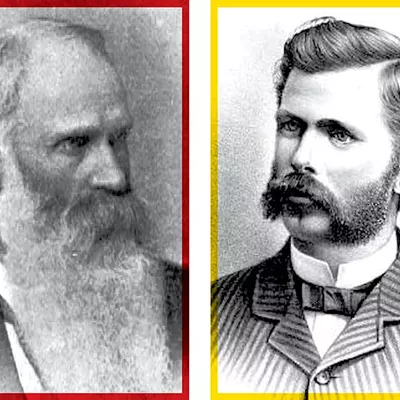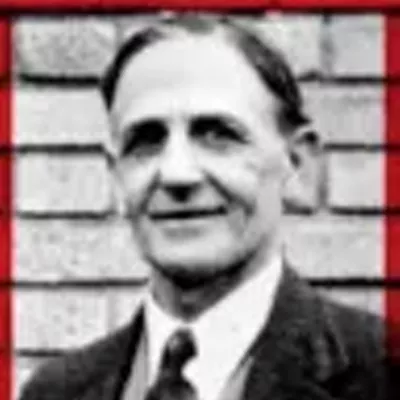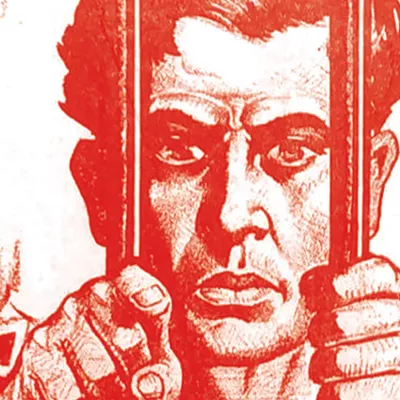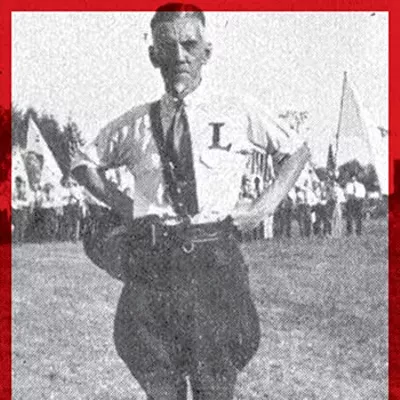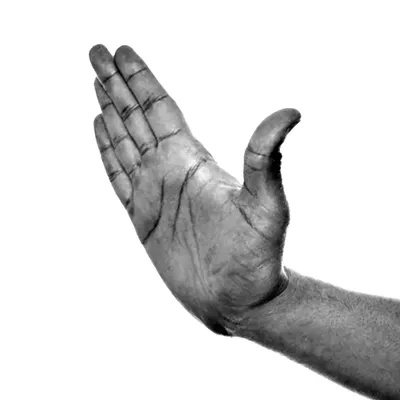"RIOT BY HUNDREDS OF NEGROS QUELLED AT SEVEN MILE CAMP" was the headline emblazoned across the tippy top of an Oct. 5, 1946, edition of the Spokane Daily Chronicle.
The story under the boldface headline said military and civilian police were called to "a riot by hundreds of Negro aviation engineers," where at least seven shots were fired.
Specifics were sparse, though the commanding officer of Geiger Field military base, Col. Eric Dougan, assured the public that the incident was under control come morning.
But the final edition of the Chronicle from that same day walks back the early report, reducing the incident to an "outburst," involving only 20-25 soldiers.
According to the evening edition, "a score of Negro aviation engineers at Seven Mile camp early today raided the arms room at the camp, put on a brief display of gun play and then fled into the hills near the base."
No one was hurt, the paper reported.
Both editions reported that the "ruckus" at the military camp was incited by the arrest of four African American soldiers outside a downtown cafe the previous evening. One of the soldiers, apparently drunk, got into a scuffle with a black military policeman. Three other African American soldiers came to the aid of their intoxicated friend, and "disarmed the M.P., took his gun and reportedly said 'let's get the other boys out,'" the Chronicle reported.
"As in most white communities, the episode created extensive panic in Spokane, reflecting the fragile nature of race relations," Dwayne A. Mack writes in his 2014 book, Black Spokane: Civil Rights Struggle in the Inland Northwest.
Omitted from the daily accounts in the fall of 1946 was deeper context of racial tension simmering on the military base.
On July 17, more than 7,000 soldiers gathered to watch a Golden Gloves boxing match between a white fighter and a black fighter, who reportedly forfeited the match. The crowd erupted with disputes over the legitimacy of the victory. By 10:30 that evening, Pvt. Samuel E. Hicks, a black soldier, was found unconscious on the shoulder of a base road 100 yards from the boxing venue, the Chronicle reported. He was later pronounced dead of the "blow of a blunt instrument above his right ear," and the military investigation "failed to find a murder suspect," Mack writes.
In another event on July 29, four African American soldiers — two men and two women — were arrested after police were called to a "disturbance" at a downtown Spokane house where they rented rooms from an African American citizen. At that time, hotels often refused to rent rooms to black people.
The secretary of the Spokane's chapter of the NAACP authored a report about the arrests: A Spokane police detective reportedly dumped cold water on the black female soldiers and ordered them to get dressed while he watched. The women were then held in the county jail for two weeks and were not allowed visitors, phone calls, mail or legal representation.
The U.S. military was still officially segregated by race — this was two years before President Harry Truman signed an executive order integrating the armed forces.
"Despite blacks bravely serving their country, white Spokane barely changed its racial attitude toward its increasing population of black Americans during that period," Mack writes. "When black soldiers ventured into the city, they were quickly confronted by law enforcement."

